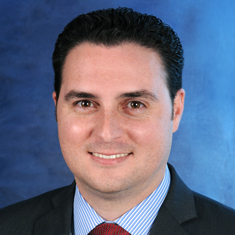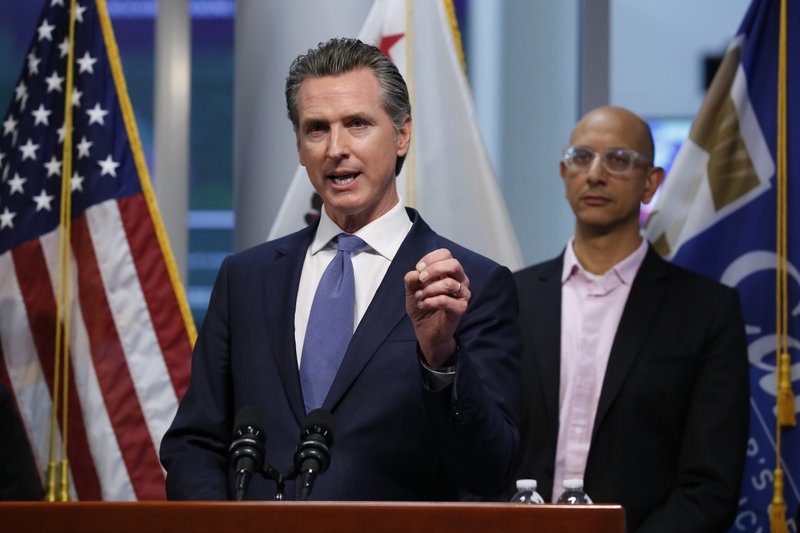Newsom Issues Executive Order Suspending Certain Provisions of the Brown Act
By Michael Maurer, Best Best & Krieger LLP
With the situation developing rapidly, the state continues to make swift changes to laws impacting public agencies. On March 17, 2020, Gov. Newsom issued an Executive Order that excuses legislative bodies, under the Ralph M. Brown Act, from providing a physical location for the public to observe and comment on public meetings if certain conditions are met. BB&K has provided updated information on this change.
Facing mounting coronavirus infections, California Gov. Gavin Newsom has issued broad  guidelines to further the State’s efforts to control the spread of COVID-19 to reduce and minimize the risk of infection.
guidelines to further the State’s efforts to control the spread of COVID-19 to reduce and minimize the risk of infection.
The announcements follow Newsom’s declaration of a statewide emergency on March 4.
Effectively immediately, Newsom issued an Executive Order last week and used his emergency powers to suspend portions of the Ralph M. Brown Act, California’s open meeting law. In doing so, he enabled local governing bodies to hold public meetings telephonically or electronically.
Generally, the law requires meetings of local agencies be open and public. While the Brown Act allows for teleconference meetings, the meeting agenda must generally identify each teleconference location and each location must be available to the public. These provisions were temporarily waived by the State.
Local governing bodies are still required to provide one physical, publicly accessible location where the public may observe the meeting and make public comments. However, members of the governing body and city staff do not have to be physically present at the public location, or even within the jurisdiction.
Additionally, under the governor’s Order, public agencies do not have to:
- Identify the teleconference locations of participating board or council members,
- Make such locations accessible to the public or
- Post agendas at teleconference locations
Other provisions of the Brown Act remain in effect, including the rule that governing bodies must give advance notice of public meetings. The timeframe in which agencies must post agendas before a meeting remains the same — 72 hours in advance of a regular meeting and 24 hours before a special meeting.
This limited suspension of the Brown Act will remain in effect “during the period in which state or local public officials impose or recommend measures to promote social distancing, including but not limited to, limitations on public events,” according to the Order.
To maximize transparency and provide the public access to meetings, the Order called on local bodies to “use sound discretion” and “to make reasonable efforts to adhere as closely as reasonably possible” to the Brown Act’s provisions and other local laws regulating the conduct of public meetings.
Michael J. Maurer, a partner in Best Best & Krieger LLP’s Municipal Law practice group, advises a range of public agencies in the areas of land use, open government, public infrastructure and construction laws. He serves as city attorney for the cities of La Habra Heights and San Jacinto as well as assistant city attorney for Avalon and Arcadia. He can be reached at michael.maurer@bbklaw.com.





